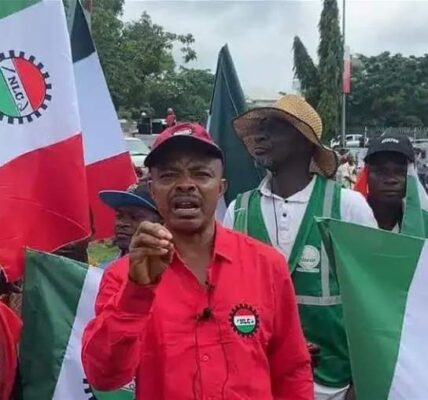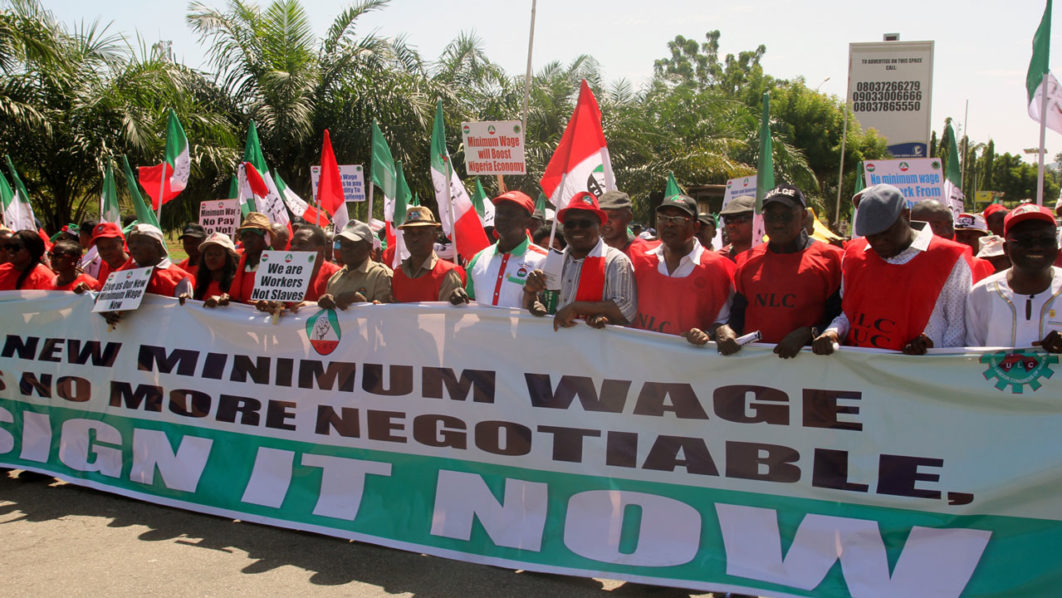There are fears that in no distant time, indigenous investors in agriculture will be overrun by foreign deep pocket investors.
It would be recalled that about two to three decades ago, Zimbabwean economy was among the most robust southern region of Africa due to high level mechanized farming driven by white farmers.
But the trend changed few years ago on the introduction of obnoxious land reforms by ousted former leader, Robert Mugabe which led to the migration of white farmers to other parts of Africa including Nigeria.
It would be recalled that some of them were grabbed by the current Senate president, Dr. Olusola Saraki for his state, Kwara when he was the governor.
On why foreign famers may become major players in the industry like in Zimbabwe, the Federal Government, fingered what it described as observed unbearable high interest rates being demanded from indigenous agriculturists by commercial banks.
Dropping the not so encouraging hint on the sidelines of a seminar organised in Abuja by the Danish Embassy in Nigeria on value development in the country’s food and agriculture sector, the Minister of State for Agriculture and Rural Development, Senator Heineken Lokpobiri, said the major challenge inhibiting the desired development of the country’s agricultural sector was poor access to finance.
The minister decried that even the production and sale of crude oil could not salvage the country’s fragile economy, adding that revenue generation from oil was too low when compared to what some smaller countries were making from agro exports.
In his further submission, the Bayelsa State-born former lawmaker averred that “The major challenge bedevilling this industry is access to finance. Agricultural financing in Nigeria is too costly; for even at nine per cent you can’t find it. They will ask you for all forms of collateral, the CBN will say bring your father’s house, bring this, bring that”.
“But if you have a company that is ready to support agro investors, then people will invest. If you have access to cheap funds, you will be able to invest on a long term basis. Instead of getting a loan from a commercial bank at 25 to 30 per cent, you can have it at two per cent and pay back in about 30 years. Here, you don’t have such funding. That is what we are talking about.
“And that is why if you look at it now, foreigners are taking over the agro sector here; either from India, they get it (loan) at three or four per cent, or from Europe at two or three per cent. But here, it is 30 per cent and they (banks) are not even willing to give. The only way you can compete with others is for you to have cheap funds that will reduce your production costs.”
Lokpobiri explained that the economic system being run in Nigeria over the years had made it possible for the banking sector to hold the country hostage with high interest rates, adding that this was why the government often borrowed less from the domestic market.









